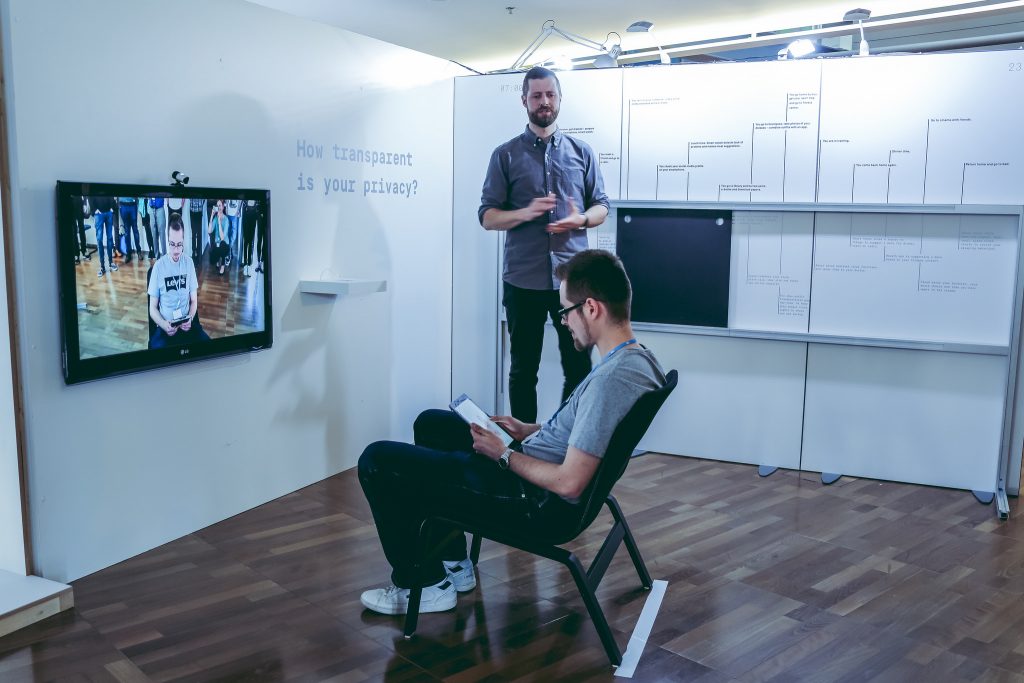Researchers estimate that within two years from now, a whopping 20.4 billion Internet of Things (IoT) devices will be connected. This surge in the number of IoT devices in use will translate into a significant increase in the number of IoT jobs as well. Clearly, a job in IoT can pay well because of the rising demand, but candidates will require a combination of skills to ensure a promising IoT career.
Six broad-based skills for an IoT career

Some of the key broad-based skills necessary for the IoT domain can be split into six spheres. These include:
1. Business intelligence
Business intelligence is a combination of software applications, software tools, and procedures through which organizations work with data from both internal and external sources. The tasks carried out include:
- Obtain data
- Structure data for analysis
- Implement and test queries on the data sets
- Compile reports and data visualizations for corporate decision-making
Industry professionals expect the true potential of Big Data to become evident, thanks to the massive rise in the number of devices releasing exabytes of different types of data. Enterprises are building infrastructure to retrieve, store, and analyze data from smart devices to augment customer experience. These activities require professionals with skills in:
- Analyzing data from sensors
- Managing data centers
- Carrying out predictive analytics
- Coding in big data environments
2. Data security
Protection of data and data systems is a major concern for all organizations. Security provisions that prevent unauthorized data/system:
- access
- use
- sharing
- altering
- interference
- destruction
These skills are critical to every organization. IoT devices, which are linked to massive data storage centers, are vulnerable points that pose a threat of breach. The information security team is, therefore expected to find and fix flaws in the IoT software before hackers exploit them.
The surge in the number of IP-enabled devices has added to the complexity of the security puzzle. With the ever-increasing privacy concerns and threats to applications from external forces, cybersecurity professionals are in high demand.
Having knowledge of ethical practices and privacy laws can be a terrific add-on for professionals in this field.
3. Application design
The objective of design is to identify problems and solve them in an effective manner. Design includes but is not limited to:
- user interface (UI)
- user experience (UX)
- product designs
- graphic designs
- designs related to interaction
- information architecture
The design paradigms in IoT are transient in nature with multiple devices and dynamic technologies being the norm.
In this type of environment, the demand to sustain ease of use of applications becomes critical to success. Therefore UI and UX designers have critical roles to play in them. Responsive web design and service design are the most recent in-demand skills in this area.
4. Mobile applications
Three engines are expected to propel IoT into a mainstream phenomenon. They are:
- Cloud computing
- Wireless technologies
- Mobile technologies
From IoT to augmented and virtual reality and from personal life to business, smartphones are transforming the lives of every human being. This revolution was made possible due to mobile apps.
Both consumer and enterprise apps are warming up to IoT and using it to improve their services. More and more businesses are also embracing IoT due to its potential for value creation.
As workplaces adapt to the IoT demands of the marketplace, developers who have skills in making their applications interact with sensors and other hardware can expect to become hot property.
5. IoT hardware
Electronics and communication hardware are the heart of all IoT technologies. Due to this, the demand for engineers capable of setting up WiFi, Bluetooth, and other networking solutions will increase.
Among the other high-demand skill sets in the hardware domain are:
- AutoCAD design
- Microelectromechanical systems (MEMS)
- Wireless sensor modeling
- Quality management
In addition to the above, hardware technicians with excellent communication and conflict management skills — useful while working with the design and manufacturing departments — will enjoy an edge over others.
6. Networks
With IoT, a huge number of sensors are transmitting and receiving data that is being harnessed by business enterprises. Keeping the data transmission pathways secure is a monumental task requiring the skills of experts in electrical and networking fields. Skill demands include:
- Proficiency in existing networking practices and technologies
- Setting up and resolving issues in modern networks
- Conversant in (WPA/WEP or 3G/4G) networks
- Using RFID (radio frequency identification)
- Conversant in Bluetooth Low Energy and other wireless technologies
Four specialized IoT career skills

Apart from the broad-based skill sets, certain niche skills are expected of professionals as they embark on an IoT career. These include:
Sensors
Engineers should be able to construct high-quality hardware that can sense, capture, analyze, compute, and respond to IoT devices. Sensors used should be able to detect:
- location
- pressure
- flow (direction)
- sound
- humidity
- light
- heat
Embedded chips
Their main role is to detect and communicate data but due to the design constraints of IoT devices, the chips have to be:
- energy efficient
- tiny
- precise
Additional focus areas with respect to chips are integrated circuits, power efficient technologies, and embedded systems.
Cloud computing
Professionals need to be able to “Extract, Transform, and Load” (ETL) the unstructured cloud data. Knowledge of batch parallel processing on the Hadoop platform is also critical.
Other areas to focus on are:
- Processing unstructured data
- Data storage (Tools: HDFS and Cassandra)
- Processing complex events (Tools: Apache Spark)
- Implementing machine learning (for intelligent computing)
- Visualization of data (to know trends)
Troubleshooting IoT
Professionals from specific domains should ascertain the sensitivity of data and compliance in correlation with regulations. Both are vital from a privacy perspective.
Improving IoT skills
Engineering, coding, and systems management are the three areas affecting IoT. Areas to specialize could include:
- Detecting events/system states using sensors
- Transfer of data from sensor to cloud
- Sensor data storage
- Analysis and interpretation of data for business improvement
- Executing cloud data analysis
- Proficiency in vital technologies
- Making decisions using sensor data
- IoT-driven solutions to problems
- Documentation of issues of security and privacy related to IoT
Integration of IoT with other areas
The field of IoT has the potential to absorb even those who are working in other areas right now.
Industry professionals in the tech sector should try to stay abreast of the latest developments in IoT because there are concrete chances of a future integration of their skills with IoT. If they ignore it, they could risk getting left behind in their IoT career.
Featured image: Pixabay




Creative thinking and problem-solving skills are a must!